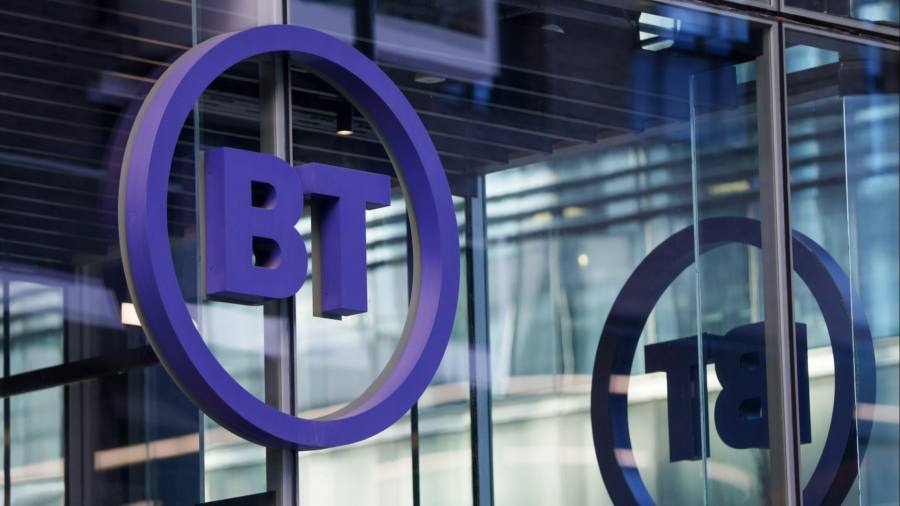On Thursday, November 3 at 19:30 GMT:
This week, a United States law enforcement agency will for the first time face a human rights commission over its role in the alleged torture and killing of a man in its custody.
The case, which rights groups are hoping will serve as a reckoning for the way US law enforcement operates, involves the country’s Customs and Border Protection (CPB), which is under the Department of Homeland Security. It will be heard by the Inter American Commission on Human Rights (IACHR), a Washington DC-based group that works to promote and protect human rights in the Americas.
Critics say the CPB, the largest law enforcement agency in the US, has operated with impunity for years, while growing in size and power. At particular issue has been its use of Critical Incident Teams (CITs), which have been accused of covering up agents’ crimes and shielding them from accountability.
Earlier this year, the US government disbanded CITs after an investigation, but rights advocates say this doesn’t solve the underlying problem. In a statement released by more than 200 rights groups to the IACHR this week, advocates said “Until and unless the United States’ use-of-force standard changes, the killings by border agents, police, and other law enforcement will continue, and justice will be denied in all but the rare few cases.”
In this episode of the Stream, we’ll discuss a new Fault Lines documentary on the CPB, the hearing into the CPB’s conduct and what it will take to reform it.
In this episode of The Stream, we speak with:
Andrea Guerrero, @guerreroandi
Executive Director, Alliance San Diego
Reece Jones, @reecejonesuh
Political Geographer
Author, “Nobody is Protected: How the Border Patrol Became the Most Dangerous Police Force in the United States”
Shaw Drake, @shawdrake1
Lawyer, ACLU
















